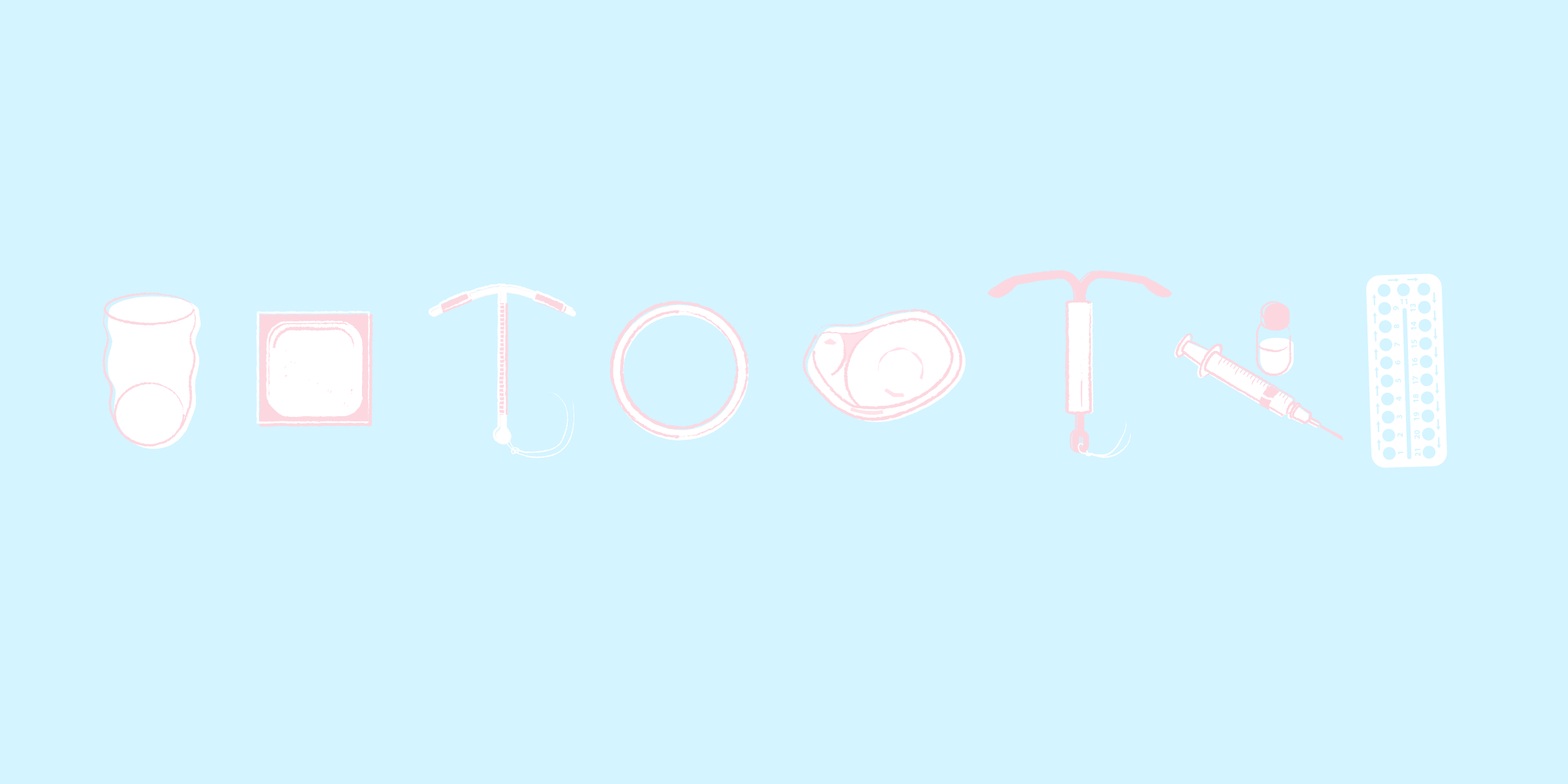Key Takeaways
- The process of implantation is a crucial process in pregnancy, during which the fertilized egg implants into the lining of the uterus.
- However, some couples may experience difficulties with this process, which can get in the way of having a child.
- In the article you will get an overview of implantation, including its signs and the factors that can influence successful implantation.
Implantation of the fertilized egg into the endometrium is a complex biological process that is a key event in pregnancy. However, this process can be disrupted in so me couples, which can lead to difficulties in natural conception. However, various methods and techniques exist that can help improve implantation of the egg.
In this article, we would like to give you a comprehensive overview of implantation. We will explain what implantation is, how long it takes, what signs indicate it, and what factors can interfere with successful implantation. We will also discuss diagnosis and treatment options, as well as tips for preventing implantation problems.
What is implantation?
Implantation is the process by which the fertilized egg embeds and develops in the lining of the uterus. This is an important step on the way to pregnancy, as the egg can only grow and develop into an embryo in the uterine lining. If the egg does not implant successfully, pregnancy does not occur.
How long does implantation take?
Implantation usually occurs between the 6th and 10th day after fertilization, although there may be cases where it occurs earlier or later. Usually, implantation occurs about seven days after fertilization. The exact timing depends on several factors, such as the quality of the egg and the lining of the uterus. If the egg is not fertilized, it is excreted by the body with menstruation.
Earliest implantation
Earliest implantation can occur from day 3 after fertilization, but is extremely rare. It is important to note that early implantation may increase the risk of complications and it may be more difficult to detect pregnancy at a very early stage.
How do I calculate when implantation will occur?
There are several online calculators that can help women calculate the time of implantation. These calculators take into account the time of ovulation and then calculate the most likely time of implantation. However, it is important to note that these calculators are only an estimate and that the exact time of implantation depends on many factors.
If you are unsure about the timing of implantation, you can ask your health care provider for advice. Your health care provider can help you determine the exact time of implantation and provide you with more information.
Things to avoid during implantation
During implantation, it is important to pay attention to a few things to minimize the risk of complications. Here are some things to avoid during implantation:
Alcohol and cigarettes: Alcohol and nicotine can increase the risk of miscarriage and other complications.
Overexertion: heavy physical activity or stress can strain the body and increase the risk of miscarriage.
Unhealthy diet: an unhealthy diet can increase the risk of complications and affect the embryo's development process.
Signs of implantation
Some women report symptoms during implantation, while others do not notice any noticeable signs. The most common symptoms of implantation include:
Light bleeding or spotting
Cramping or pain in the abdomen, similar to menstrual cramps
These symptoms may occur as the fertilized egg embeds into the lining of the uterus. However, it is important to note that these signs can also indicate other conditions or stages of pregnancy and do not always indicate implantation.
When can I test for pregnancy after implantation?
HCG is a hormone that is produced during pregnancy. After implantation, a woman's body begins to produce HCG, and the level of this hormone increases steadily throughout the pregnancy.
However, it is important to note that the level of HCG is not detectable immediately after implantation. It usually takes about a week for the HCG level to be high enough to be detected by a pregnancy test. However, it is important to note that pregnancy tests are not always reliable and a negative result can also mean that the test was done too early. If you are unsure if you are pregnant, you should take a pregnancy test and/or ask your health care provider for advice.
Causes of implantation problems
There are several factors that can interfere with successful implantation. These include hormonal problems, such as low progesterone levels, or anatomical problems, such as adhesions in the uterus. An unhealthy lifestyle, such as smoking or excessive alcohol consumption, can also interfere with implantation.
Prevention
Implantation of a fertilized egg is an important step for a successful pregnancy. Unfortunately, sometimes implantation problems can occur that can make pregnancy difficult. Fortunately, however, there are steps you can take to reduce the risk of implantation problems. In this article, we will share with you some tips and recommendations to prevent implantation problems, including healthy lifestyle habits and a balanced diet.
Healthy diet:
A healthy and balanced diet can help reduce the risk of implantation problems. It is recommended to eat plenty of fruits, vegetables, and whole grains to ensure the body gets the nutrients and vitamins it needs. Vitamin B6, folic acid and iron are especially important. Folic acid is crucial for the development of the neural tube of the fetus and can reduce the risk of malformations. Iron is important for blood formation and oxygen transport in the body.
Healthy lifestyle habits:
Healthy lifestyle habits such as regular exercise and adequate sleep can also reduce the risk of implantation problems. Exercise promotes blood flow and oxygen transport in the body and can help the uterine lining better prepare for implantation. Getting enough sleep is also important, as the body performs important regenerative processes during this time.
Avoidance of alcohol, nicotine and caffeine:
Alcohol, nicotine and caffeine should be avoided during pregnancy, but they can also increase the risk of implantation problems when planning a pregnancy. Alcohol and nicotine impair blood flow, which can make implantation more difficult. Caffeine should be consumed in moderation, as high doses can increase the risk of miscarriage.
Stress reduction:
Stress can affect the hormonal system and thus increase the risk of implantation problems. It is therefore important to reduce stress and incorporate relaxation exercises such as yoga or meditation into daily life.
Diagnosis and treatment
If you suspect that you are having problems with implantation, you should see a health care professional. The expert can perform various tests to determine if there are any problems. Treatment can range from taking medication to artificial insemination.
Overall, implantation is a complex process that can affect many factors. It is important to pay attention to your body and seek professional help for any signs of implantation problems or pregnancy issues. However, with the right measures and a healthy lifestyle, you can increase your chances of successful implantation and pregnancy.
Medically Reviewed
This text was created by medical editors on the basis of specialist medical literature and current studies. Our aim is to work scientifically, identify sources and regularly check that the content is up to date.
References & Literature
- Kalantaridou, S. N. et al. (2004). Stress and the female reproductive system. Journal of Reproductive Immunology, 62(1), 61–68.
- MD Paul, B. Miller, MD Michael, R. Soules (1996) The usefulness of a urinary LH kit for ovulation prediction during menstrual cycles of normal women. Obstetrics Gynecology. Volume 87, Issue 1
- Neena B. Schwartz. (1974). The Role of FSH and LH and of Their Antibodies on Follicle Growth and on Ovulation. Biology of Reproduction, Volume 10, Issue 2, 1 March 1974, Pages 236–272
- Wallwiener, LM., Toth, B. (2014). Follikelreifungsstörung und Corpus-luteum-Insuffizienz. In: Gnoth, C., Mallmann, P. (eds) Perikonzeptionelle Frauenheilkunde. Springer, Berlin, Heidelberg.
You might also be interested in these articles
Kinderwunsch
Ovy App statt klassischer Eisprungrechner: Die fruchtbaren Tage bestimmen3 Min. Lesezeit





